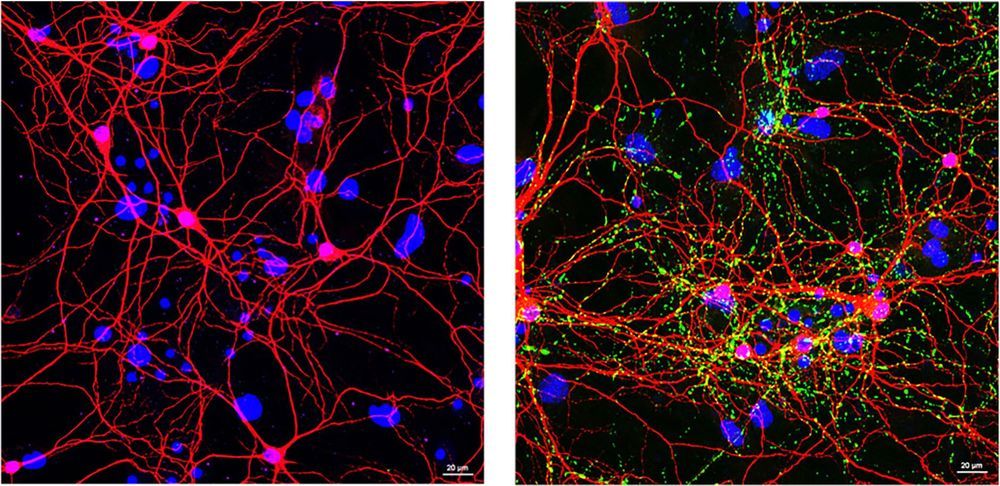Recently, we’ve encountered the following claim: “#Copper has antimicrobial effect that can help destroy #viruses (including #coronavirus) and #bacteria.” — If you think the message above is fishy, you’re not alone! At first, we’re suspicious as well. However, after a little digging, we found that there may be some truth in it. The following are some references supporting the claim: [Relevant Articles] https://bit.ly/2J2OEbt (Wikipedia: #Antimicrobial properties of #copper) https://bit.ly/3bg73NY (Fast Company) https://bit.ly/3didUs2 (Vice) [Scientific Papers — PDF] https://bit.ly/396UDqu https://bit.ly/3a43Xwt https://bit.ly/2wh8flF The biocidal effect of metals such as #copper is called “oligodynamic effect” (or to be more precise, such biocidal effect is carried out by the ions of these metals), and it can happen even when the ions are in low concentration. The effect may involve multiple mechanisms. For instance, #copper can inappropriately bind to some #proteins and accordingly cause these proteins to lose their functions, or #copper can decrease the integrity of the microbes’ membrane and cause important substances such as #potassium and #glutamate to leak out from the cell, etc. Note that this certainly does NOT mean that simply wearing ornaments made of copper can stop #COVID19 and other #pathogens from infecting your body, but it does help you to choose the material of the things you use (e.g., you may want to use copper fork or spoon while dining more often recently)!
Civilizations have recognized copper’s antimicrobial properties for centuries. It’s time to bring the material back.
[Source Images: ekimckim/Blendswap (toilet), blenderjunky/Blendswap (bathroom)].








